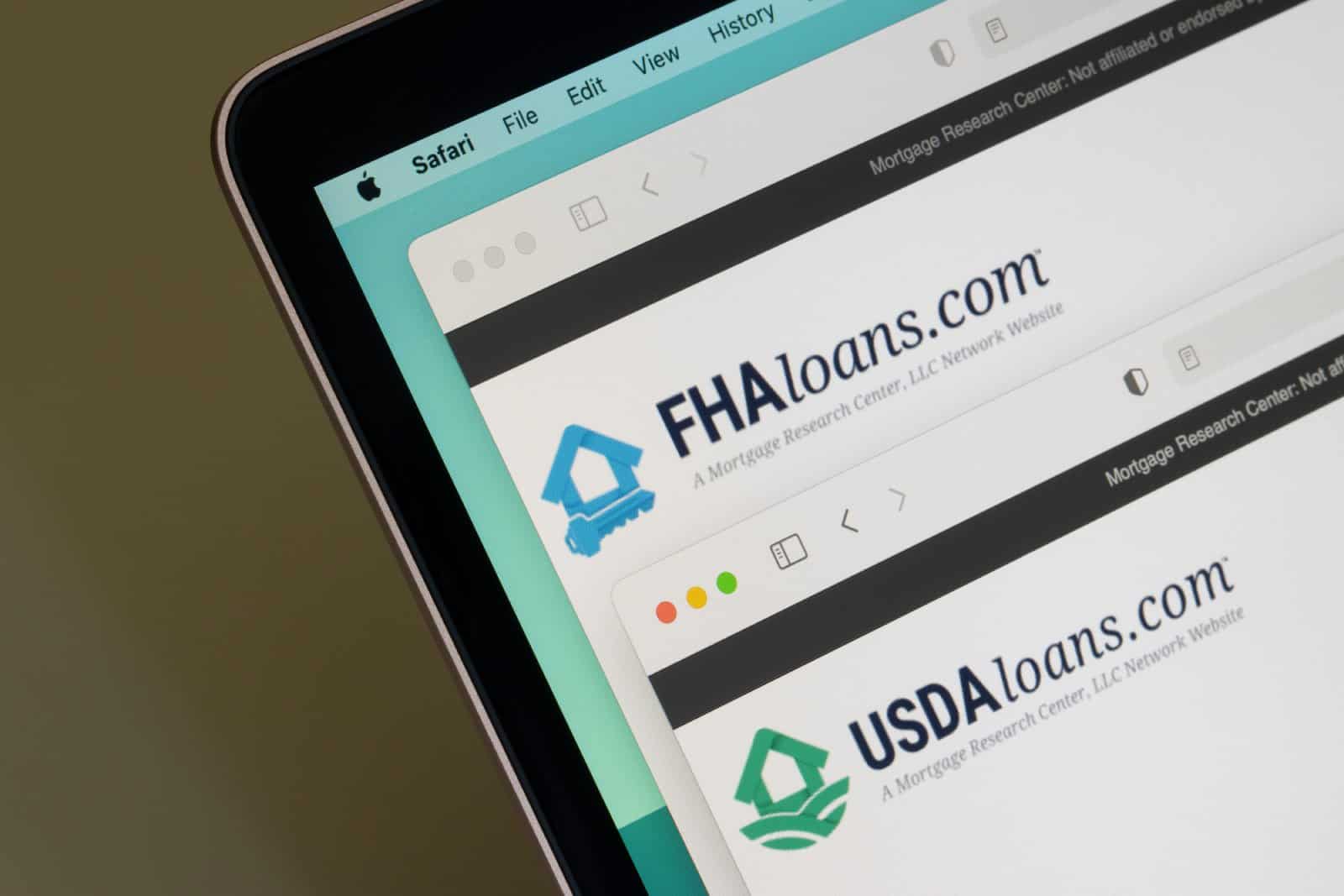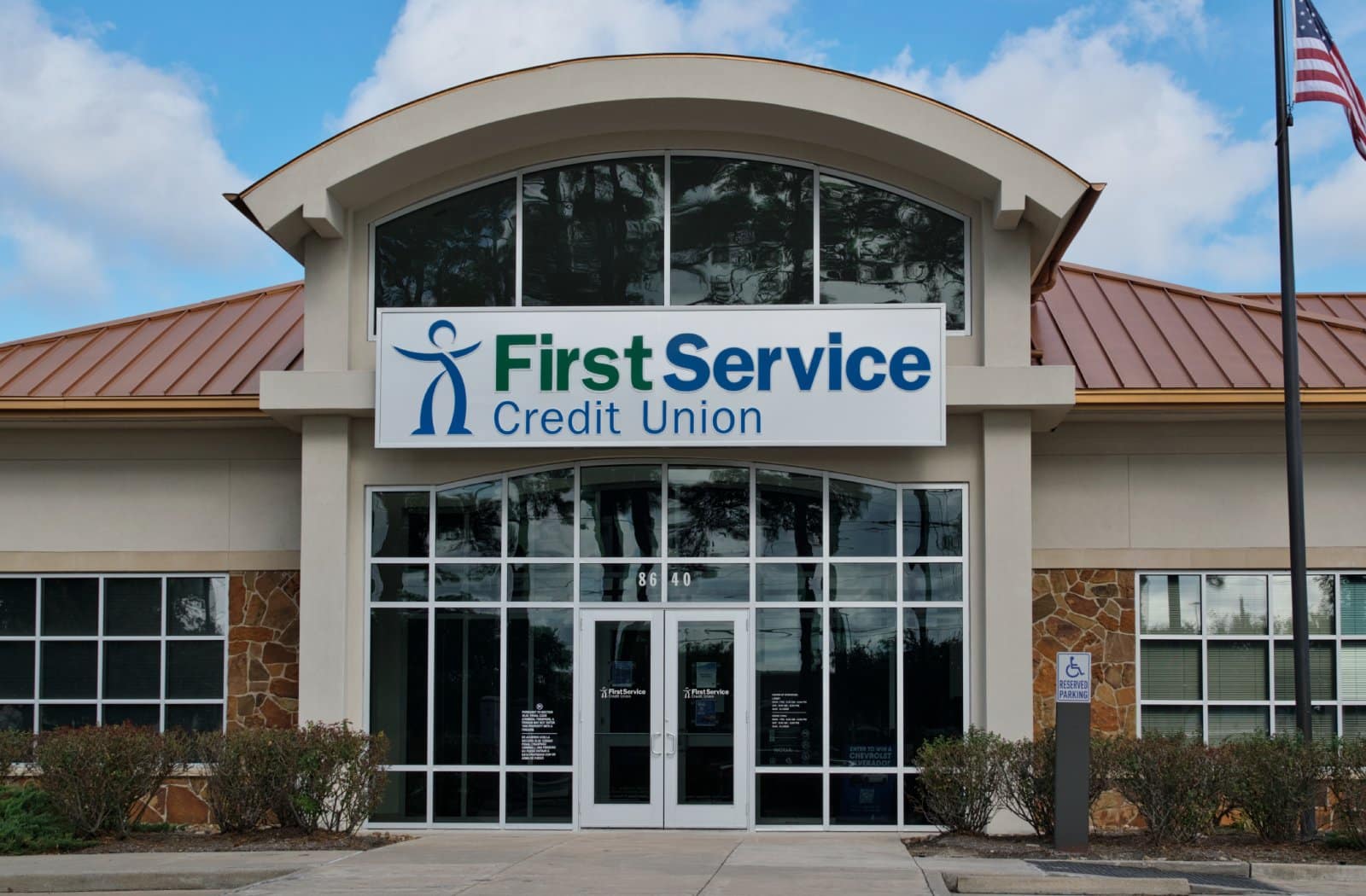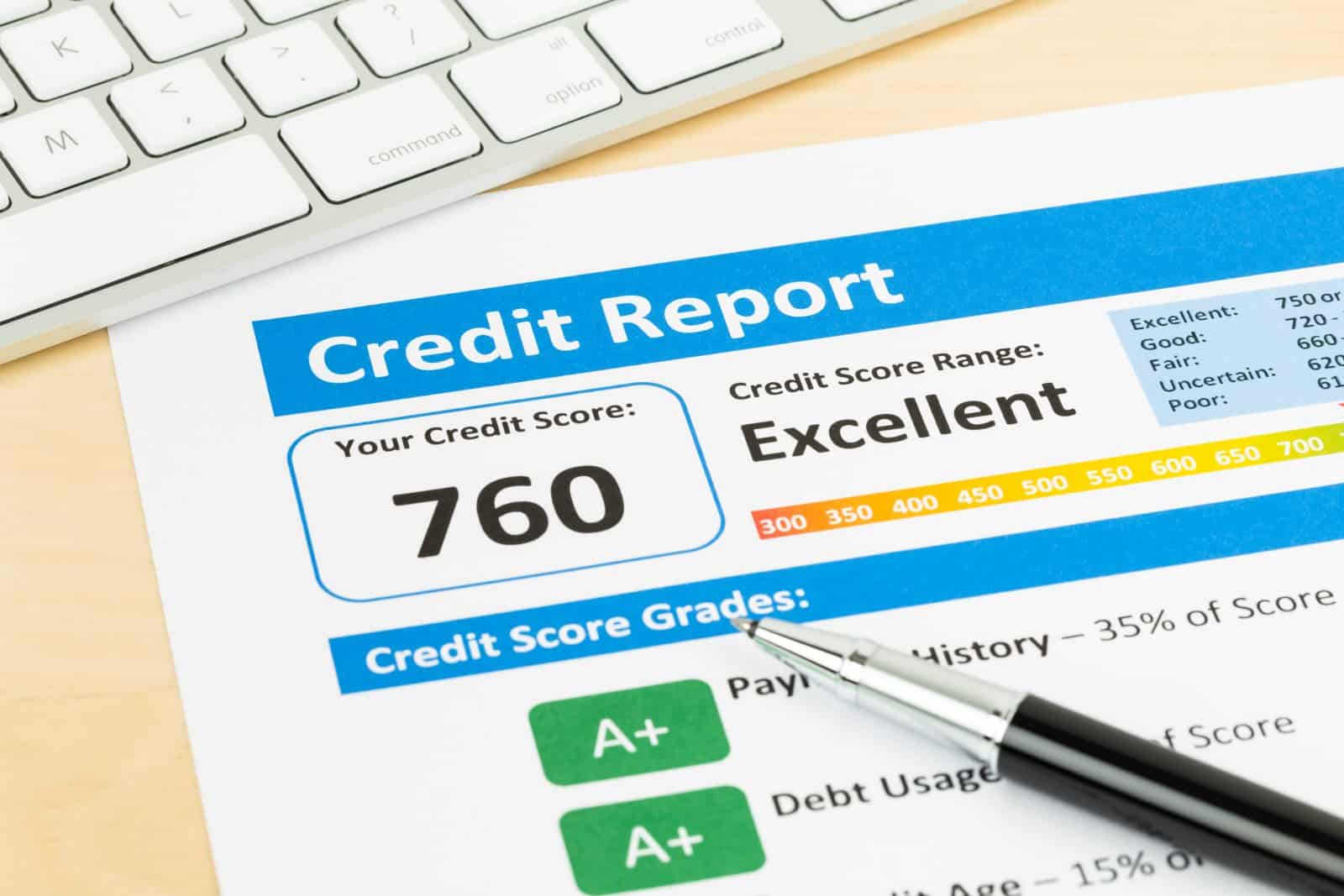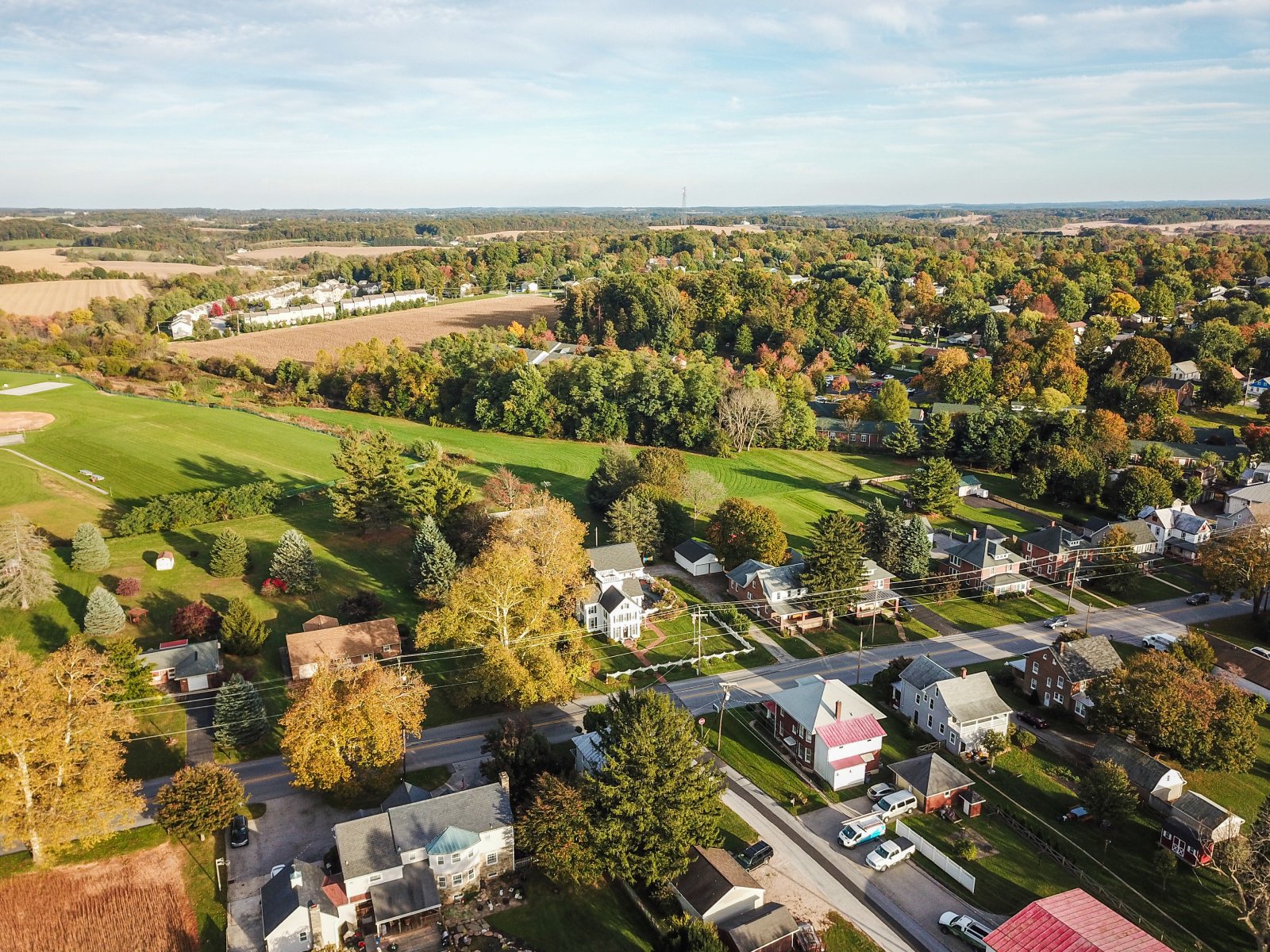Prospective homebuyers have many options when it comes to financing their new homes, but some loan types can offer the opportunity of homeownership to those who may not have a down payment saved. For those who qualify, USDA loans can be a great path to owning your home.
What is a USDA Loan?

USDA, or the United States Department of Agriculture, backs home loans for people who meet certain conditions in order to support people purchasing homes in rural areas.
Direct vs. Guaranteed

There are two types of USDA loans: direct and guaranteed. Both offer 100% financing, eliminating the need for a down payment.
What Guidelines do USDA Loans Follow?

The USDA sets its own rules for qualifying for mortgages that are separate from the guidelines for conventional and FHA loans.
Direct Loans

Direct USDA loans are obtained by going to local Rural Development Service Centers and applying there. Those loans are funded by USDA.
Guaranteed Loans

Guaranteed USDA loans can be applied for through a credit union, bank, or mortgage company that is approved to do USDA loans. USDA backs those loans, but they’re funded by the institution who closes the mortgage.
Homeownership in Reach

Direct and Guaranteed USDA loans have different guidelines, but generally target the same kinds of buyers who are looking for opportunities to own homes but may not qualify for traditional loans.
Who Qualifies for USDA Loans?

USDA loans exist to provide a path to homeownership for people purchasing in rural areas of the United States, who also meet certain income guidelines.
How Are Income Limits Decided?

The USDA identifies the median family household income of an area and in order to qualify for their loans, all household income is calculated relative to the median income in their area. The income limit depends on the type of USDA loan.
Income Limits for Direct Loans

For Direct loans, buyers need to prove that they aren’t able to qualify for traditional mortgages with other lenders, and the income limits are lower, with the intention of serving people in “very low” to “low” income categories. That usually means they need to make between 50-80% of the median household income in their area.
Income Limits for Guaranteed Loans

Guaranteed loans allow slightly higher income limits (up to 115% of the median income) and a bit more flexibility in the kind of home that can be purchased.
USDA and Credit Scores

For both types of USDA loans, a 640 credit score is the minimum requirement for qualification.
Fees and Closing Costs

Direct loans don’t have any additional fees. For Guaranteed loans, buyers will pay a one-time fee up front (which can be added to the loan amount). Closing costs will vary depending on the property, attorney, and lender fees.
Are There Property Requirements for USDA Loans?

All USDA loans require that the property be located in a “rural” area, as defined by the maps that the government draws and updates.
Allowed Property Types Depend on Loan Type

Depending on whether you go with a Direct or Guaranteed loan, there may be other property requirements to meet. Generally homes are required to be just big enough to accommodate the family size. Direct loans set loan limits and square footage limits of 2,000 square feet.
What About Appraisals?

All USDA loans will require an appraisal. An appraiser will go to the home and inspect it for safety, some structural issues, and determination of the home’s value.
Should You Get Other Inspections?

It’s important to note that the appraiser is only checking the home based on USDA’s requirements, so you may want to have more inspections done in order to make sure there are no repairs or remediations needed that the appraiser might not catch.
How to Get Qualified for a USDA Loan

The first step in finding out if you qualify for a USDA loan is speaking to a professional - either a licensed loan originator at a bank or mortgage company, or a specialist at a Rural Development office.
Trust the Experts

These experts can review all of your information, including income, household size, credit profile, and assets, and help you decide what kind of mortgage is the best fit for your needs.
USDA Loans: An Opportunity for Homeownership

If you believe you meet the requirements, a USDA loan can be a great way to achieve your homeownership goals without having to have a large down payment saved.
The Money You’ll Need

Keep in mind that all home buying processes come with fees, including but not limited to lender costs, appraisal fees, credit report charges, title fees, deposits to the seller, and more, so you will need to have some money in order to move forward.
Closing the Gap

Despite the few fees that will apply, USDA offers a great way to get your family into a home without needing to wait until you have thousands of dollars in savings.
The post How USDA Loans CAN Make Homeownership Happen Without Savings first appeared on Thrift My Life.
Featured Image Credit: Shutterstock / Prostock-studio.
The content of this article is for informational purposes only and does not constitute or replace professional financial advice.
